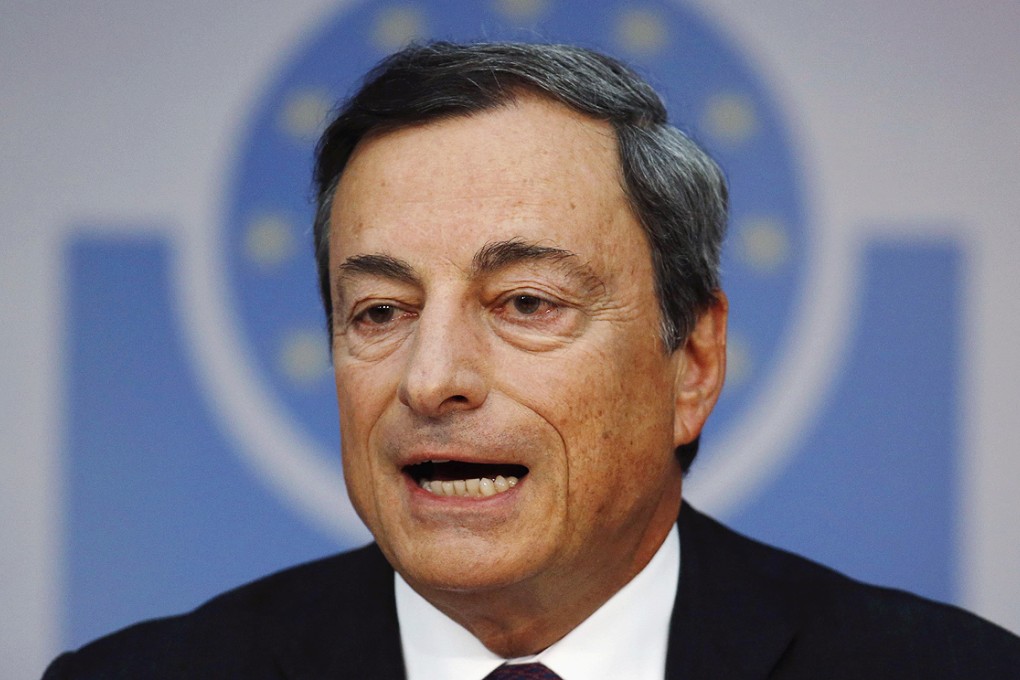Macroscope | EU easing under ‘Draghinomics’ a pipedream
Despite the boost he has given the euro zone in recent years, the ECB president has yet to enact full-blown monetary easing or structural reform

Investors continue to underestimate the determination of Mario Draghi, the president of the European Central Bank (ECB), to help shore up the euro zone's depressed economy.
In July 2012, when financial markets feared that Europe's single-currency area might break apart, Draghi promised to do "whatever it takes to preserve the euro", which immediately resulted in a sharp fall in the bond yields of Spain and Italy as investors believed the ECB was willing to stand behind the debts of the euro zone's vulnerable southern European members.
Last week, Draghi surprised markets again by announcing a further cut in the ECB's already negative deposit rate and pledging to buy hundreds of billions of euros of asset-backed securities and covered bonds in a desperate attempt to ward off the threat of Japanese-style deflation in the euro zone.
Once again, the effect on markets was palpable, with the euro falling below US$1.30 (and now standing at US$1.28) and yields on the two-year bonds of several euro-zone countries, including France and Austria, dipping into negative territory.
Draghi is conceding that the ECB is unable to remedy the underlying ills of the euro zone
Investors are clearly impressed. There is even talk of an important shift in economic policy in the euro zone.
